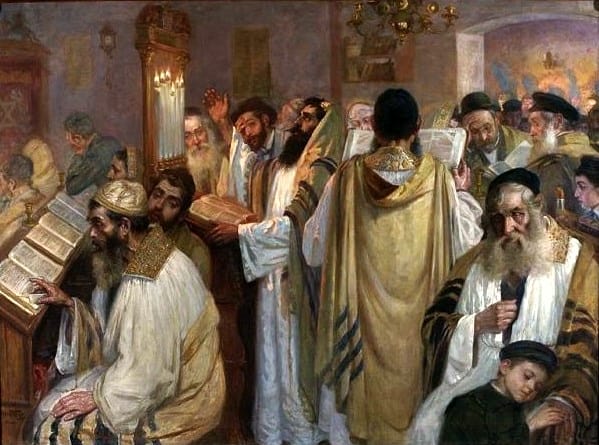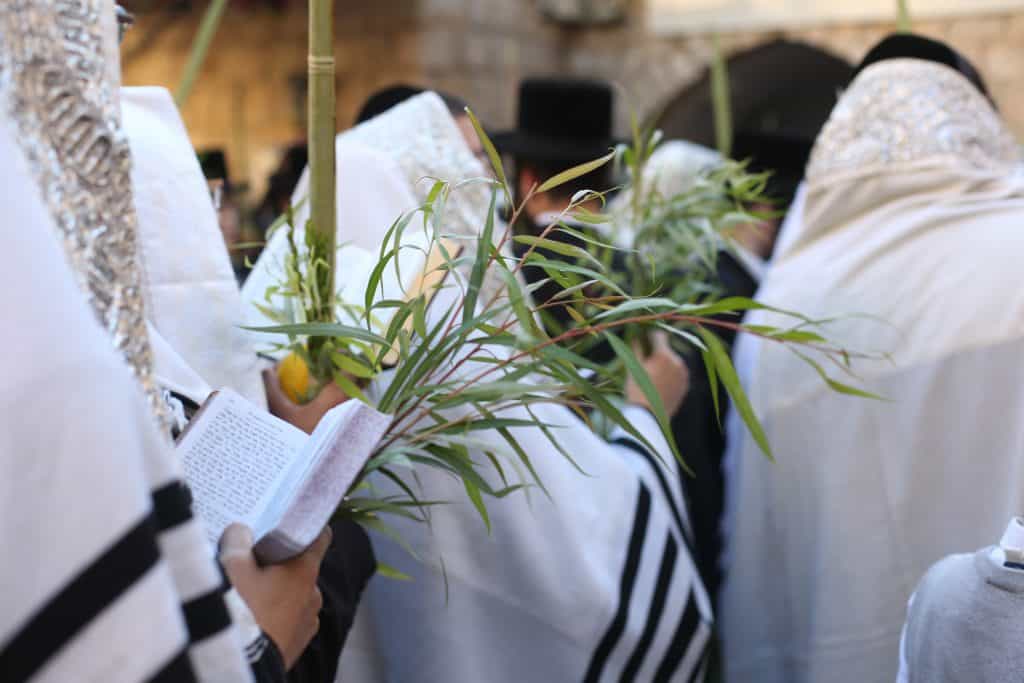Yom Kippur, often called the Day of Atonement, is the holiest day in the Jewish calendar. It is a solemn and sacred occasion with profound significance for Jewish communities worldwide. Moreover, the Day of Atonement is a day of reflection, repentance, fasting, and prayer, offering a unique opportunity for individuals to seek forgiveness, renewal, and a deeper connection with their faith and spirituality.

The Significance of Yom Kippur
The Holiest Day: Yom Kippur falls on the 10th day of Tishrei, following Rosh Hashanah, the Jewish New Year. It is considered the holiest day in Judaism when Jews seek to purify their souls and seek forgiveness for their sins.
Repentance and Forgiveness: Yom Kippur is a day of intense reflection and self-examination. It is a time to admit one’s sins, seek forgiveness from God and fellow human beings, and resolve to improve one’s conduct in the coming year.
Fasting and Atonement: Observant Jews fast on Yom Kippur, abstaining from food and drink for approximately 25 hours, from sunset to nightfall the following day. This fasting symbolizes self-denial and the focus on repentance and atonement.
Synagogue Services: Yom Kippur is marked by a series of special synagogue services, including the Kol Nidre prayer, recited on the eve of Yom Kippur. The central service on Yom Kippur includes the confessional prayer (Vidui) and the reading of the Book of Jonah, emphasizing the themes of repentance and divine mercy.
Customs and Traditions
White Attire: Many Jews wear white clothing on the Day of Atonement, symbolizing purity and new beginnings.
Day of Rest: Yom Kippur is a complete rest day, similar to Shabbat. Work, travel, and other everyday activities are avoided.
Candle Lighting: Candles are lit on the eve of Yom Kippur, just as on Shabbat and other Jewish holidays, to mark the beginning and end of the holiday.
The Jewish Calendar

Neilah Service: The Neilah service that occurs at the end of the Day of Atonement is particularly poignant. It includes the closing of the ark (where the Torah scrolls are kept) and a final plea for forgiveness as the “gates” of heaven are believed to be closing.
Acts of Charity and Tzedakah: Many people engage in acts of charity and giving to those in need to seek merit and demonstrate their commitment to a better future.
Day of Atonement – Conclusion
Lastly, Yom Kippur is a day of profound spiritual significance, emphasizing the themes of repentance, forgiveness, and renewal. It is a day when Jews seek to draw closer to God and to mend their relationships with one another. Through fasting, prayer, and self-examination, the Day of Atonement offers a unique opportunity for individuals to cleanse their souls and start anew. Furthermore, it is a time for personal reflection, communal unity, and reaffirming the values at the heart of Jewish faith and tradition.

